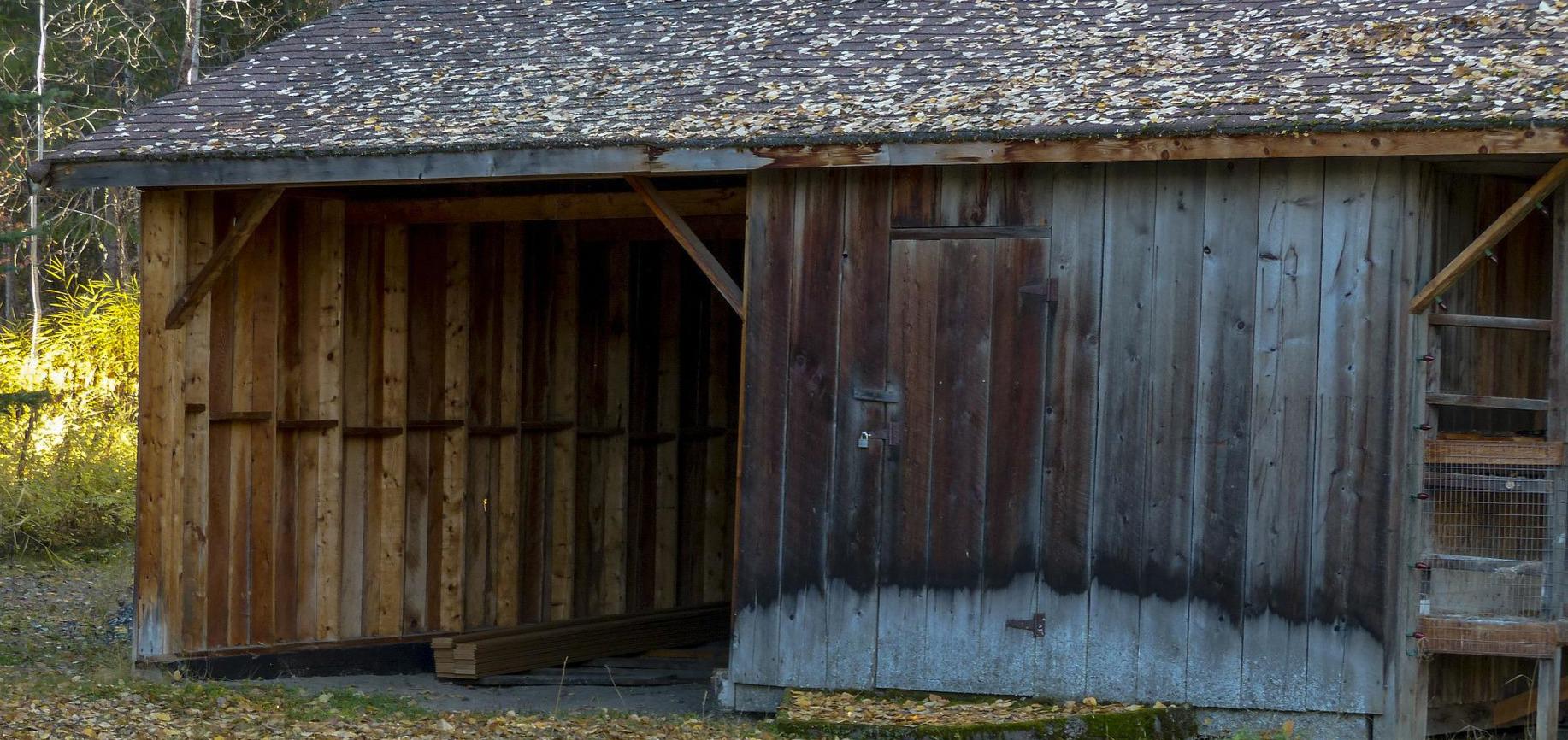Diversification Series Part 2 – Business Premises
Posted on 4th June 2022 at 21:44
In part two of our diversification blog series, we’re going to look at the ways helping other businesses find space to operate can offer property owners opportunity to access new profit streams. There are many ways in which you can adapt your rural land and property for commercial use so we’re going to focus on the two most common methods.

1. Offices and Business Units
Many small business owners would like their business to operate in the countryside and for many different reasons. Some may want a more pleasant office environment to work from without having to deal with the hustle and bustle of the town, commuter lifestyle or parking issues. Perhaps their business offers goods or services useful to a rural setting. Other businesses may require the extra space that rural land and properties can offer such as a workshop or production unit.
Change of use of buildings to offices or staff facilities will require consideration of all aspects of use including style and materials for its conversion, access, traffic management, parking and health and safety. It is important to present the application in the best way to address the concerns of Local Community bodies as well as the Local Planning Authority.
Business tenants whose work generates noise or other annoyance factors, for example engineering or wood turning, might need additional support to secure planning and be sited away from housing. In addition, business uses which might cause disturbance outside normal business hours can need careful handling. In our experience, it’s important to work with the local planning authority to find the best solution but most importantly, to present the application in the right way first time, with appropriate reports to support it. You might also want to consider the longevity of that proposed use on your property and how easy the unit is to adapt for other industries to use should the case occur.
2. Storage Facilities – inside or outside
People and businesses don’t always have the room to store everything they want and need. Offering storage solutions to individuals and companies is a fantastic way to boost your income without doing a huge amount of work. You may have redundant buildings or simply an area of land which is not being used, particularly if it has already been laid with a hard surface for a previous use. You could offer secure shipping containers as storage solutions. This allows people and businesses to store valuables, larger items and documents with peace of mind.

On the business side of things, you could allow storage for plant and equipment as well as LGV and HGV vehicles too (providing you have the space, of course!). Sites near to major routes are often ideal for logistics and transport companies to rent, either as temporary rest stop parking day to day or as a permanent base from which to operate.
Thinking more domestically, people often need somewhere to park their caravan, motorhome or horse lorry/trailer when they are not in use. Storing these vehicles can put people off buying them so you could be assisting in creating many happy holiday memories!
Changing the use of redundant rural buildings and hard standing areas, such as farm yards, barns and stable yards usually requires planning permission. There are different classes of permission to cover a range of uses and knowing which class and how to best present your case for that class is important.
Whether for offices/business units or storage facilities, once permission has been secured for business premises on your property, if you do not already have tenants lined up, you will need to find tenants. We can point you in the right direction to market your premises and to develop the right documentation to formalise the relationship, such as tenancy agreements and insurance.
If you’re looking at diversifying your rural business and need help securing planning permission, please do not hesitate to get in touch. We’d be more than happy to help!
This blog series is designed to inspire rural businesses to undertake diversification projects to increase income streams and improve revenue. It’s important to remember that not all land and property is suitable for every method of diversification so be realistic before setting your heart on a project. Also, following your passions is more likely to result in long term success.
Make sure you look out for our next blog in the series, which will cover how we can support you with your Equestrian requirements.
Share this post:







